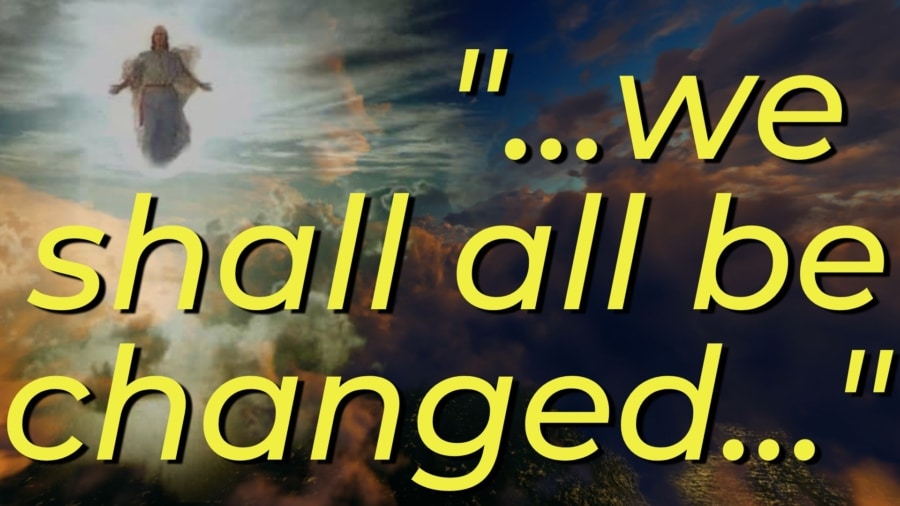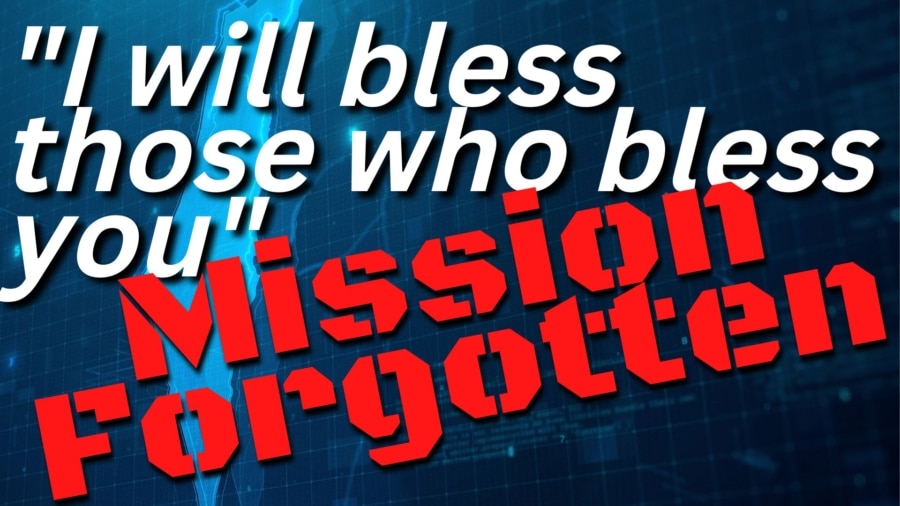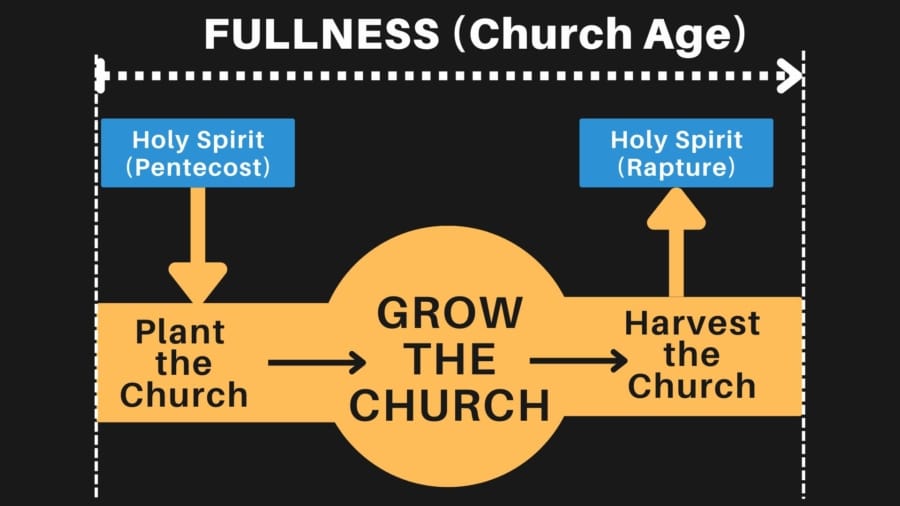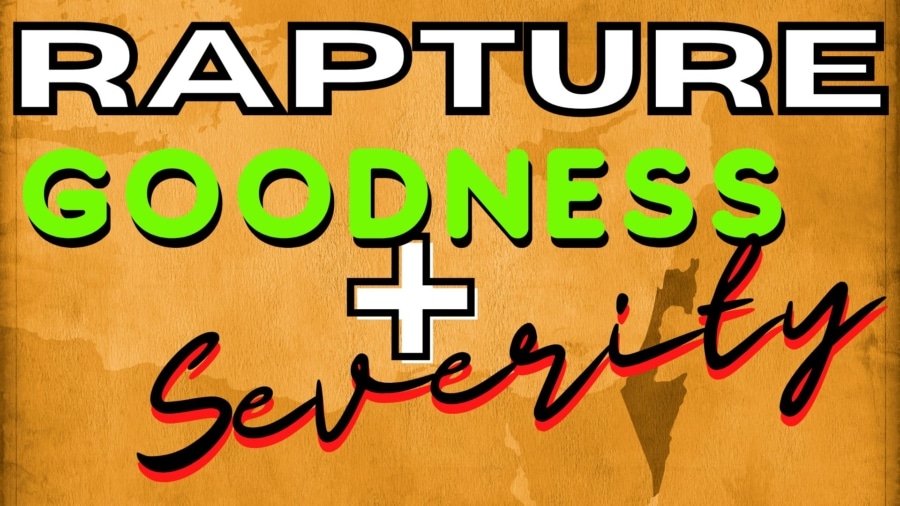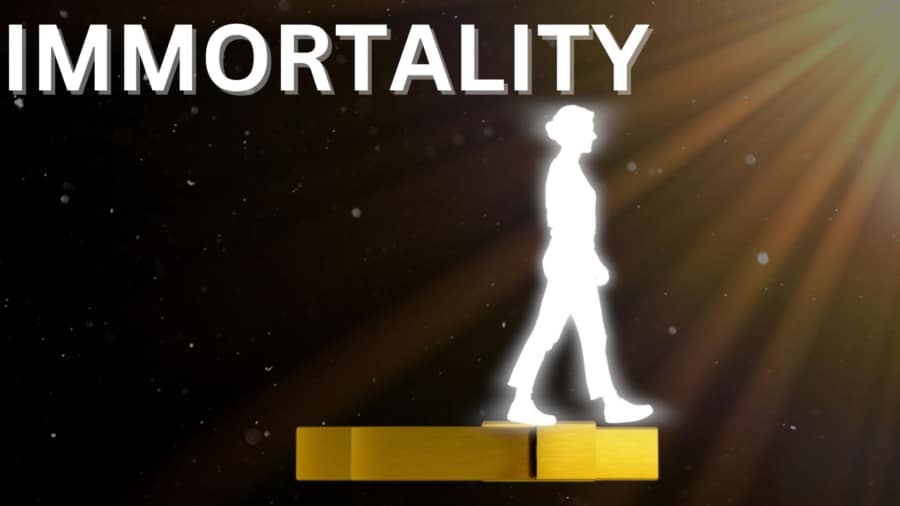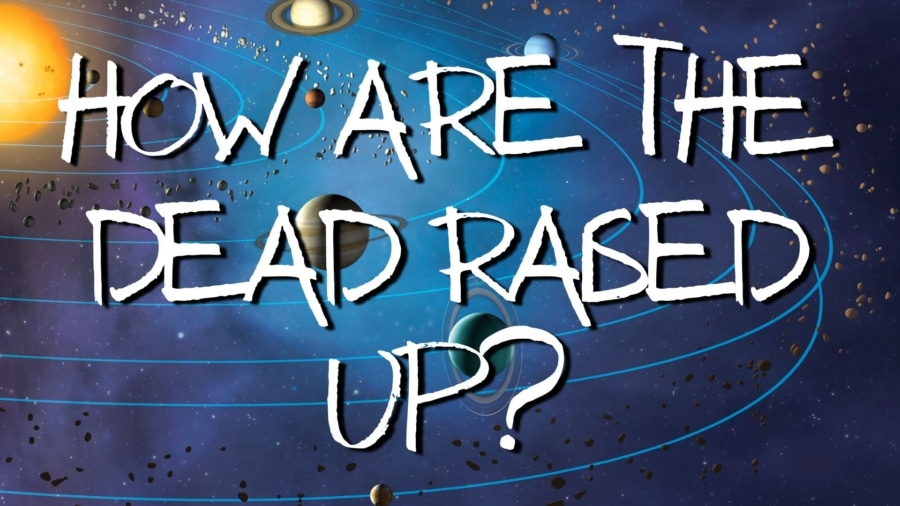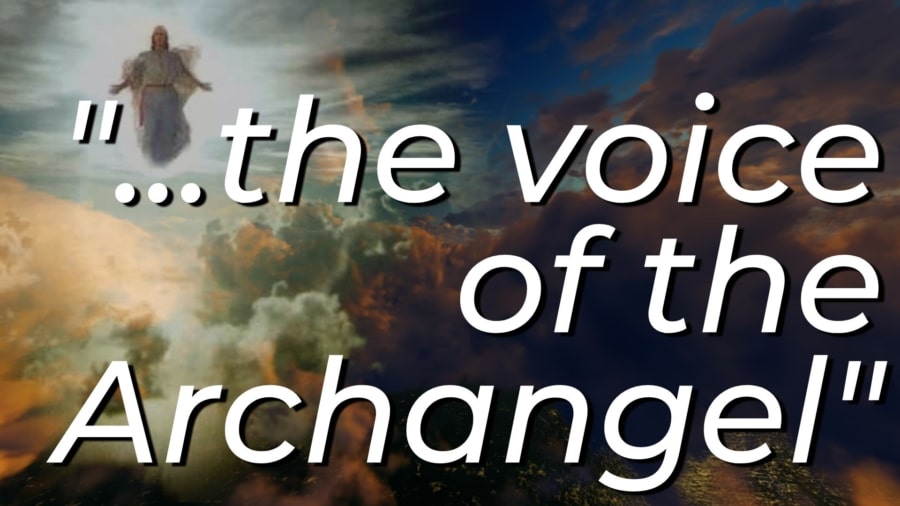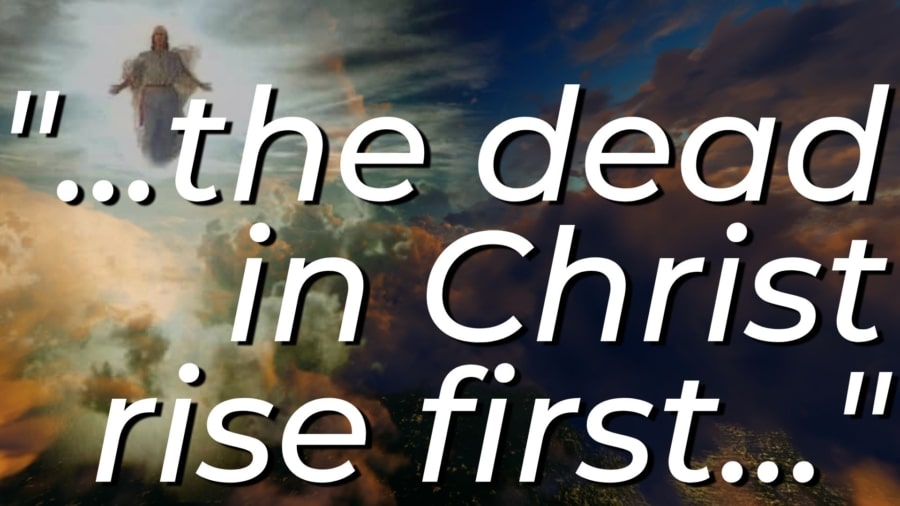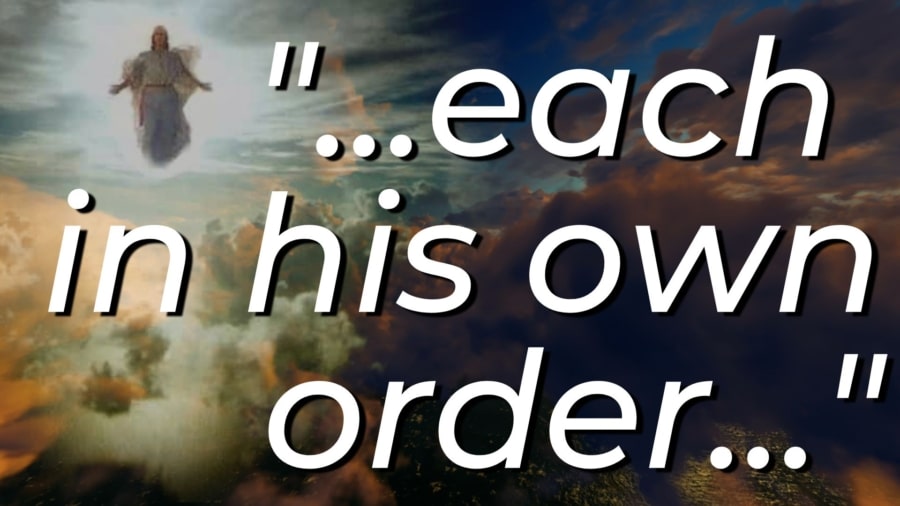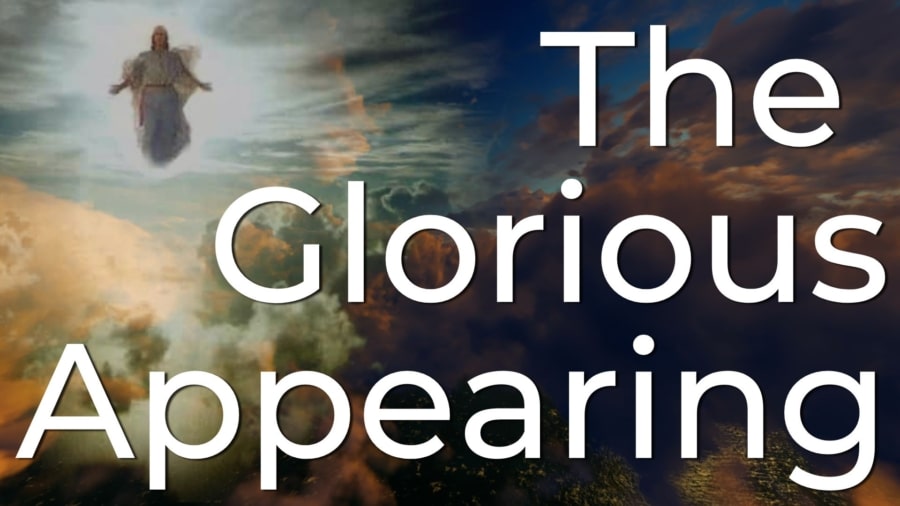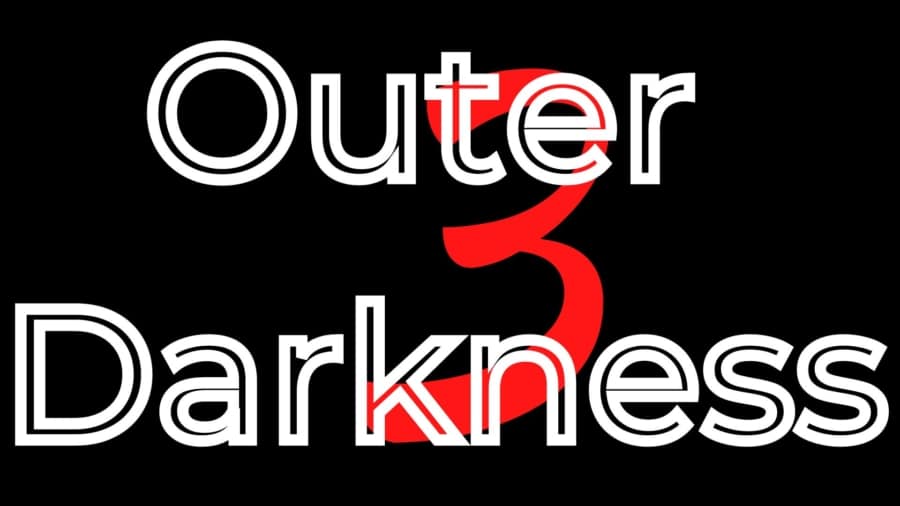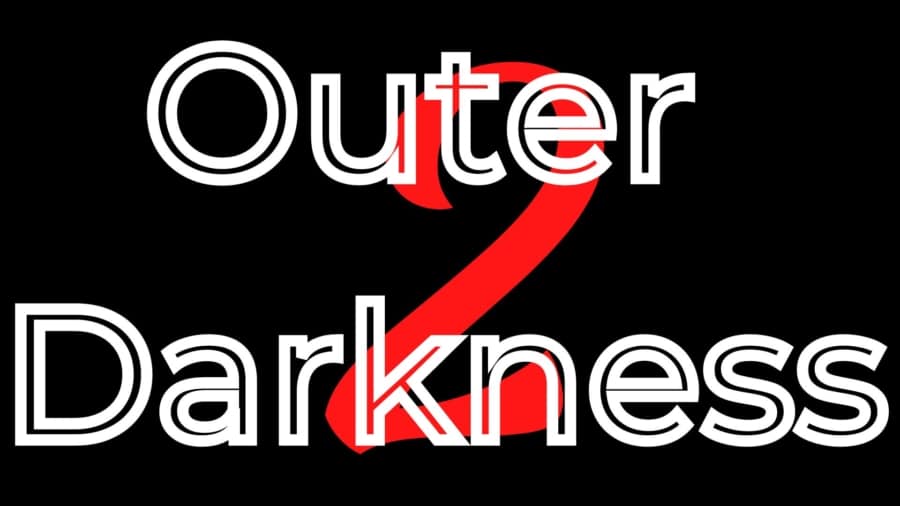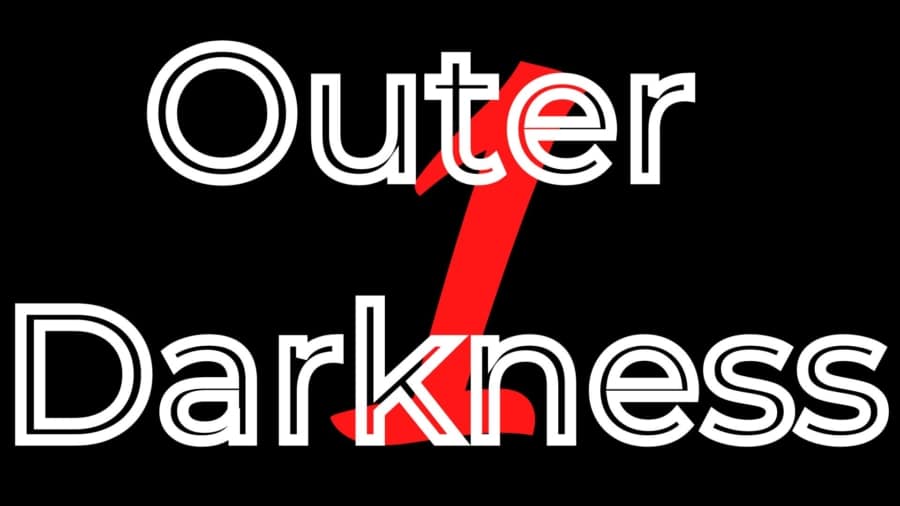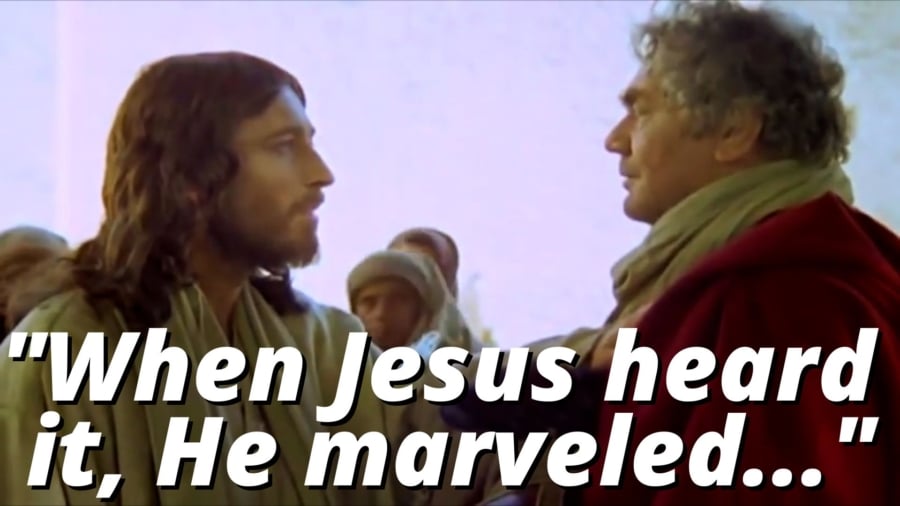- These are Written
- Believe
- Should Not Perish
- 3:16
- Never, Never
- Life, Love, Light
- Condemned by Choice
- This and That
- Seven Expressions of Love from the Cross
- Why?
- I know, I know!
- What?
- UGH!
- Expedient
- Gain Grace?
- The Gift
- The Hands of God
- Immortality
- COME UP HERE
- Not by Works of Righteousness We have Done
- Jesus’ Perspective on His own Death
- I AM
Revelation 4:1 begins, “After these things.” This is exactly the phrase that is used in Revelation 4:19, giving the outline. It refers to a specific time, namely, after the church age. So, after the church age, John says, “I looked and behold a door standing open in heaven.” This reminds us of three very important things. First, Jesus Christ is the door and identifies Himself as such (John 10:7). What kind of a door is He? He’s an open door to heaven. Second, Jesus Christ opened the door. We see that in Luke 23:45, where He cries out in the agony of separation from the Father and says, “the veil in the temple was rent from top to bottom,” signifying that the way into God’s presence is now open. The veil symbolized the fact that there was a barrier between God and man which was removed on the cross. Finally, the “door” reminds us that He has opened to us a door for evangelism. Remember, with the Church of Philadelphia, He said that He “would open for them a door that no one could close (Revelation 3:8).” You also see the apostle Paul in 1st Corinthians 6:9 asking the Corinthians to pray for him because he said, “a great door for effective service has been opened to me and there are many, many adversaries.” So, the open door is significant because it all centers around the finished work and victory of Jesus Christ on the cross.
Revelation 4:1 says, “I saw a door open in heaven.” I should point out to you that the verb here is perfect. The door opened in the perfect hands, and means it opened in the past, with the result that it remains opened in the present. Jesus Christ opened the door in the past through the work of the cross, and it remains open to the present time. When John saw the door standing open in heaven, he “heard the first voice that he had heard.” The first voice that he heard was the voice of the Lord Jesus Christ. So, he’s hearing the voice of our Lord speaking with him like the sound of a trumpet. This voice, like the sound of a trumpet, gives him a command, and the command is “COME UP HERE.” Now, it’s significant that at the end of the section dealing with church history, John should hear the command, “Come up here,” and he hears it in a voice of a trumpet. You’ll remember in 1st Thessalonians 4:13-18, we are told that “The Lord Himself will descend from heaven with a shout, with a voice of the archangel and the trumpet of God, the dead in Christ will rise first, and then we are alive and remain will be caught up together in the clouds, and so shall we ever be with the Lord.” Also, in 1st Corinthians 15:51-58, the Apostle Paul talks about how, “we shall all be changed in a moment. In the twinkling of an eye at the last trumpet.” That trumpet, I believe, is the very voice that John hears in Revelation 4:1. And what that voice says, what is said there. When the rapture of the church takes place, believers are going to hear the voice of the Lord Jesus Christ in the same manner. You might just read through John Chapter 5, because in His explanation of the resurrection, the Lord Jesus Christ said, “the hour is coming, and now is when those who are in the grave will hear his voice and they shall arise.” So, I believe that the voice that brings the dead in Christ from the ground and catches up those who are living is the very voice that we hear right here. What this portrays in verse one is the rapture of the church. Let me just point out again that while the term “church” and “churches” has been used 19 times in the Revelation Chapters one to three. You will not see the word “church” occur again until Revelation 22:16. Not until God’s plan is finished. Not until we’re in the eternal state is the church mentioned again. What we find in the interim is symbolic language in Revelation Chapters 4 and 5 in heaven. In Revelation Chapter 6 through 19, the section dealing with the tribulation period, the emphasis is all on Israel. Why? Because that’s annual 70th week. We looked at that last time. That’s the time when God is finishing His work in the nation of Israel.
“After these things” is used twice in Revelation 4:1. This is emphasis and very Hebrew. It’s a very Hebrew thing to speak something twice for the purpose of emphasis and to display perfection.
Believers are going to hear the voice of the Lord Jesus Christ. A voice that brings the dead in Christ from the ground and catches up those who are living. This is the very voice that we will hear, “COME UP HERE.”
Gene Cunningham - September 27, 2022
We Shall All Be Changed
From Series: "Jesus' Roadmap for the Future"
The Olivet Discourse -- Jesus' Roadmap for the future, is one of the three major discourses (sermons) of Jesus. They include: 1. The Sermon on the Mount/Galilee Discourse (Matthew 5–7) 2. The Olivet Discourse (Matthew 24–25; Mark 13; Luke 21 3. The Upper Room Discourse (John 13–17) Each of these messages is aimed at a specific period of history, which we call a dispensation. They lay out God’s dispensational plan, like a road map, from the time of the crucifixion to the end of time. The Sermon on the Mount was directed to the generation in which Jesus lived and was His platform as King—if Israel would receive Him. Obviously, they rejected Him as their King. However, this will be the basis of Jesus’ administration during the 1,000-year Kingdom Age (Millennium). Then, the Olivet Discourse was aimed at the consequences of Israel’s rejection of Jesus as Messiah, and anticipated the destruction of the nation (70 A.D.) and the final Tribulation period. Remember that the Church Age is an intercalation—meaning an insertion, like a parenthesis, into the Age of Israel. This means that with the Rapture of the Church, the Tribulation picks up where 70 A.D. leaves off. This is why the Church Age is called a “mystery” (Rom. 11:25; 16:25; Eph. 3:1–13; Col. 1:26–27), which is a graduate course to “the principalities and powers in the heavenly places” (Eph. 3:10). Finally, the Upper Room Discourse was directed toward the Church Age, which began at Pentecost and would continue to the Rapture (1 Thess. 4:13–18). The uniqueness of this Age is summarized by Paul’s phrase “in Christ,” and all of the elements involved in what we call “positional truth”—our total union with Christ and the indwelling of His Spirit in us, which occurs nowhere else in history. With the removal of the Body of Christ, the Church, Israel would again become the focus of God’s working on this Earth (Romans 9–11; Revelation 6–19).



